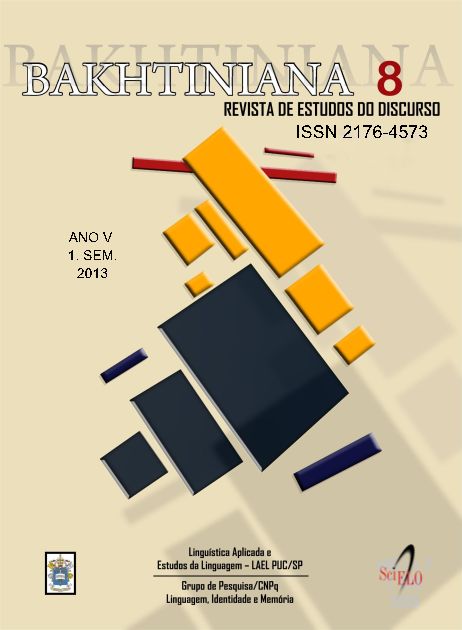Dialogism in Portuguese Contemporary Novel
Keywords:
Dialogism, Double-voiced discourse of varied orientation, Portuguese contemporary novel, José SaramagoAbstract
This article aims to reflect upon the dialogic constitution of the contemporary Portuguese novel using as basis for the analysis Mikhail Bakhtin’s contributions on this literary genre. Bakhtin emphasizes, in his studies, the double-voiced discourse of varied orientation, the complex interactions between⁄among different points of view in one utterance that could elevate the dialogism in the novel to a higher degree. The contemporary novel diversifies the forms of transmission of the discourse of the other, shuffling the characters’ voices, demanding redoubled attention on the part of the reader to the construction of meaning. To exemplify this tendency, the novel Raised from the ground (2012), by José Saramago, an acclaimed contemporary Portuguese writer, has been used.








